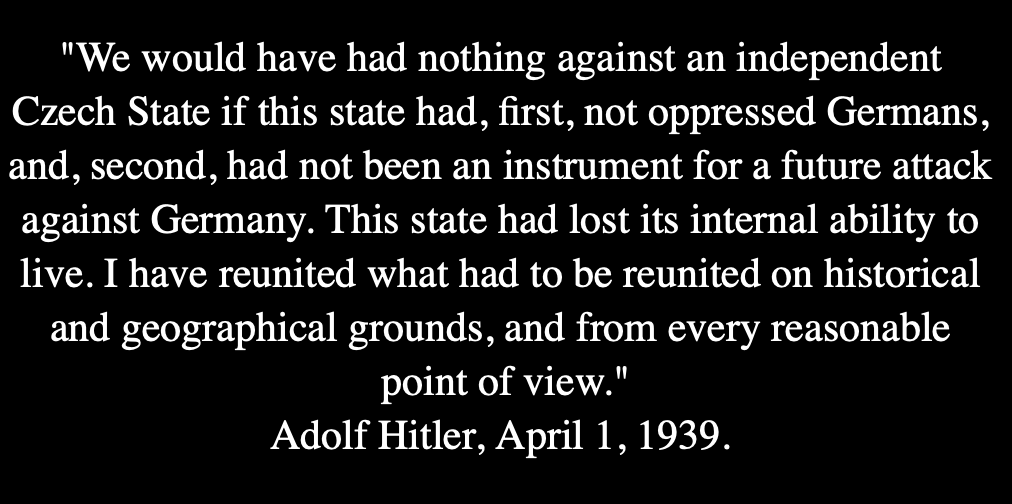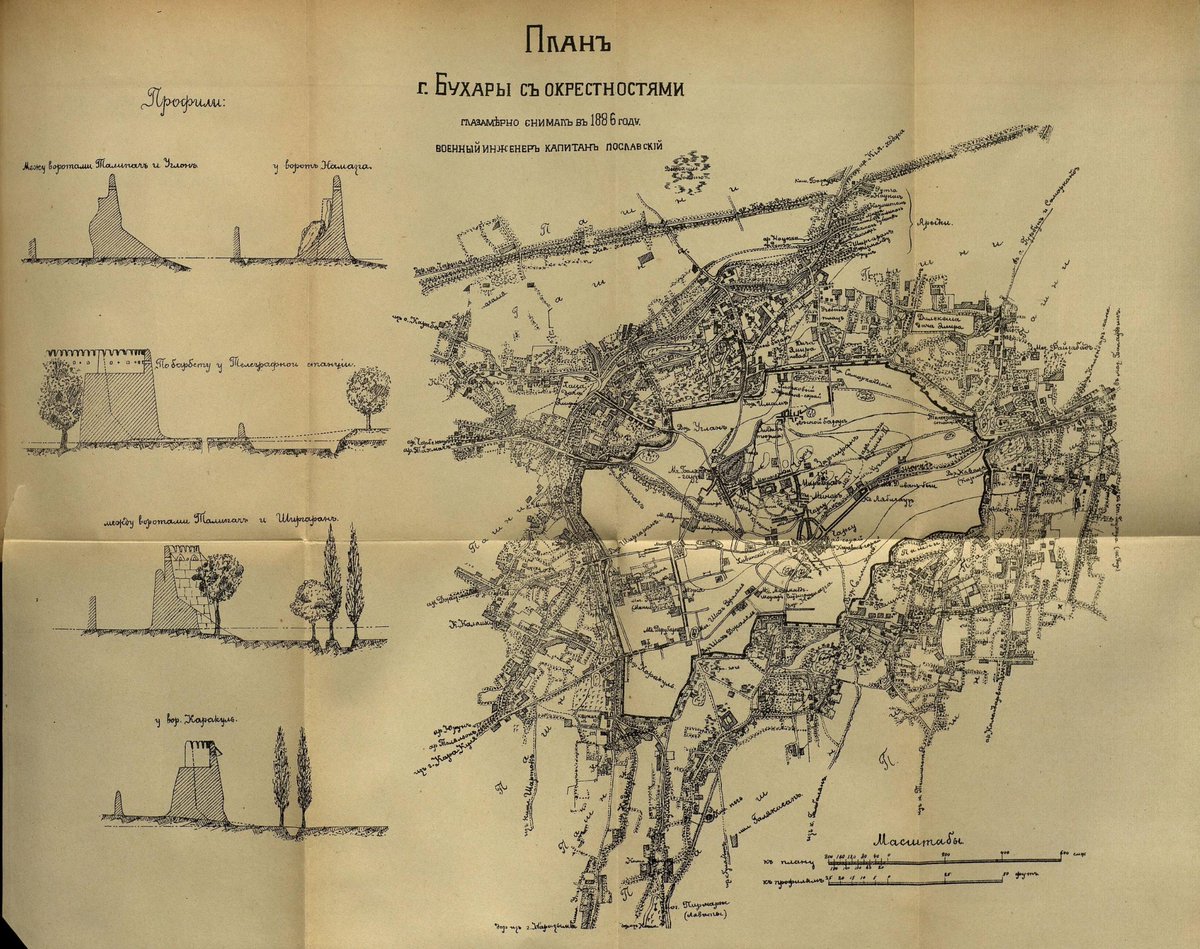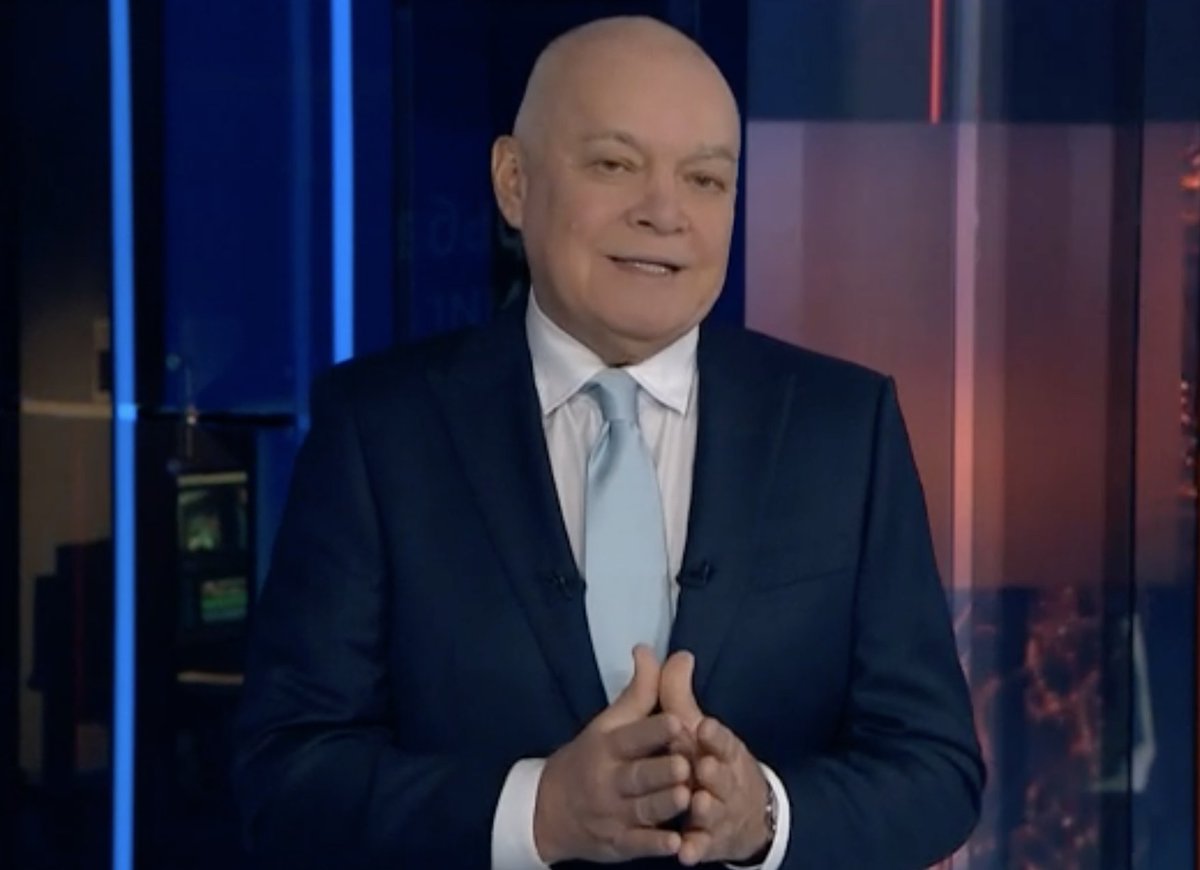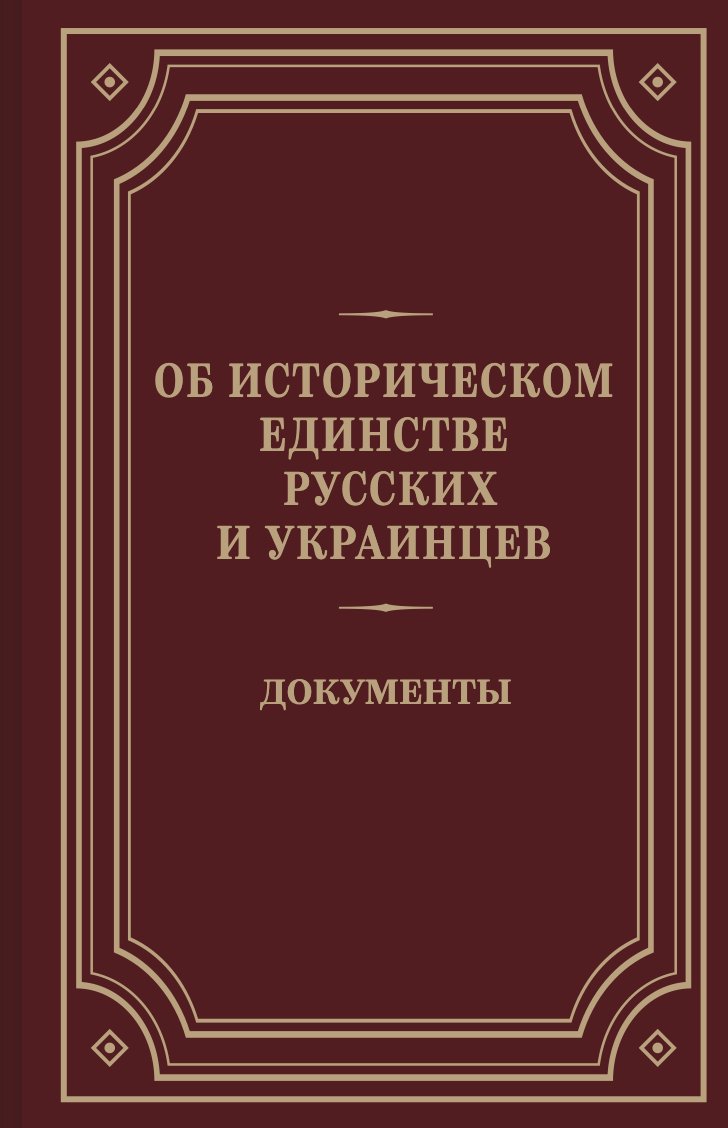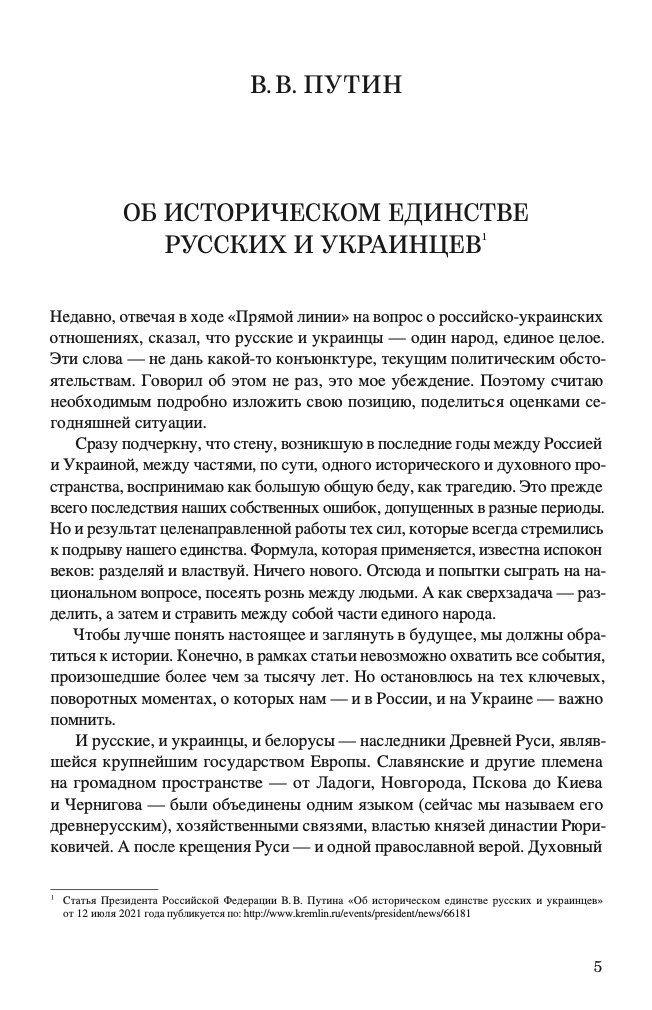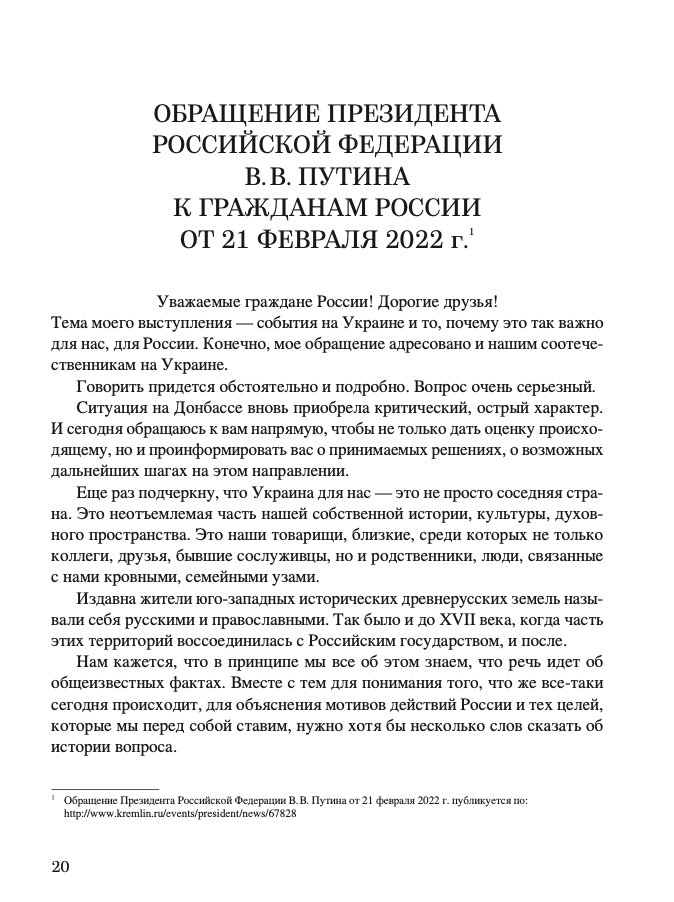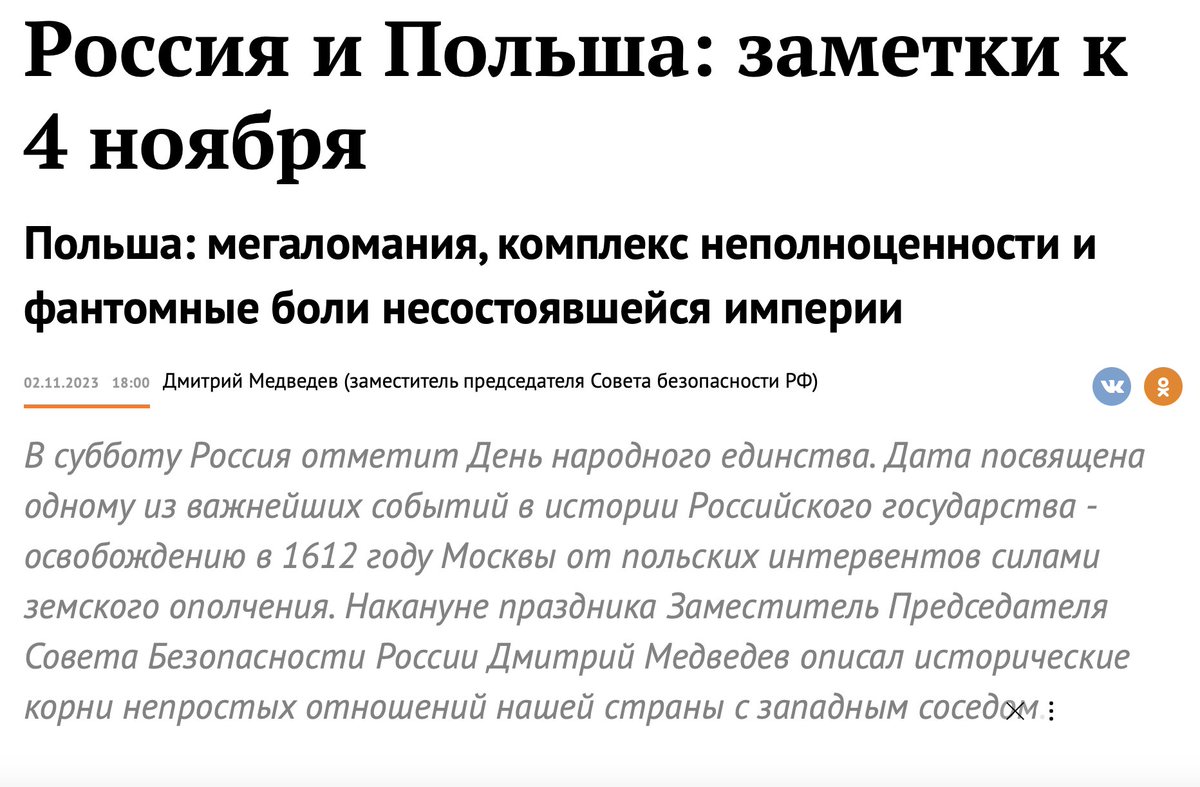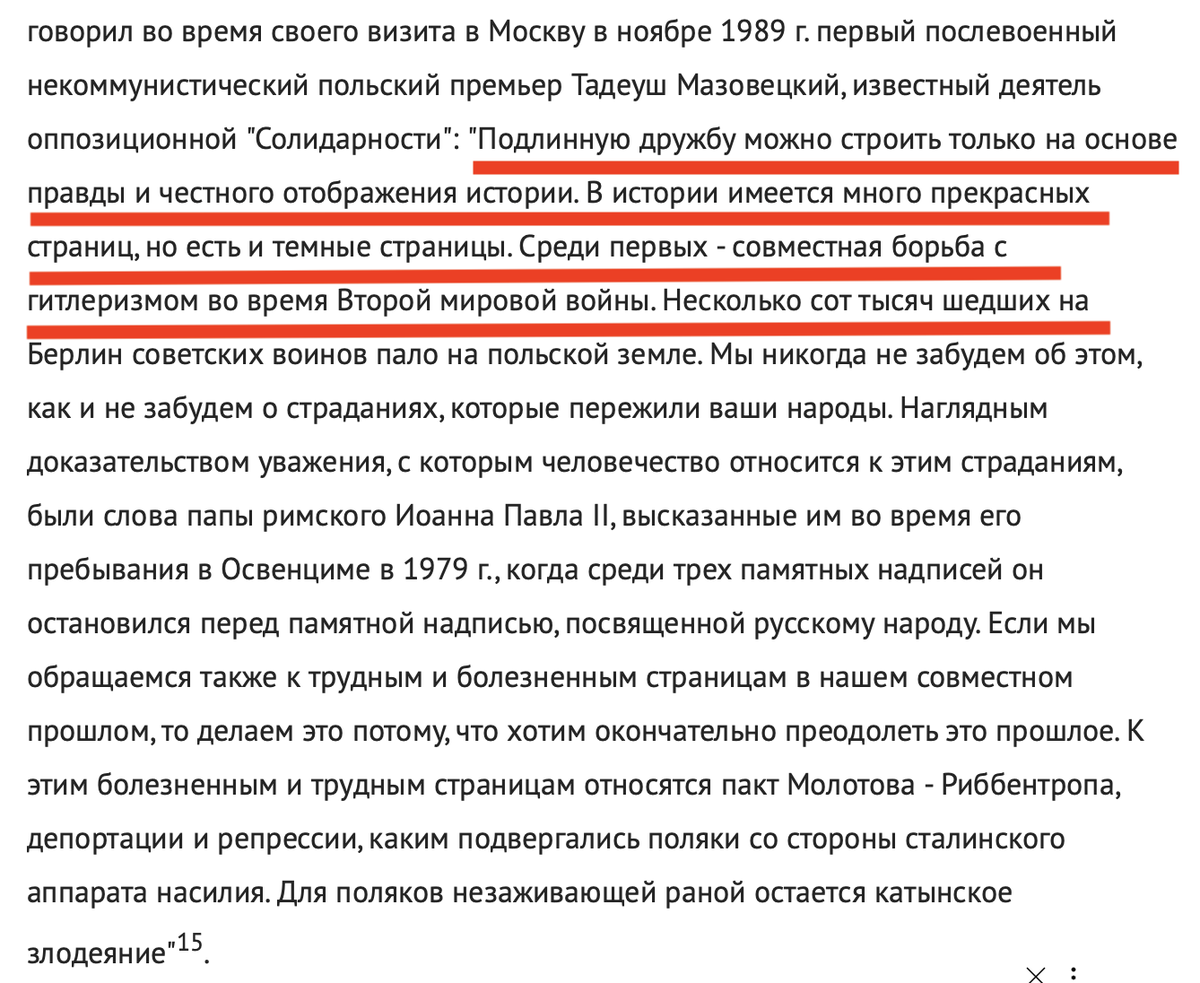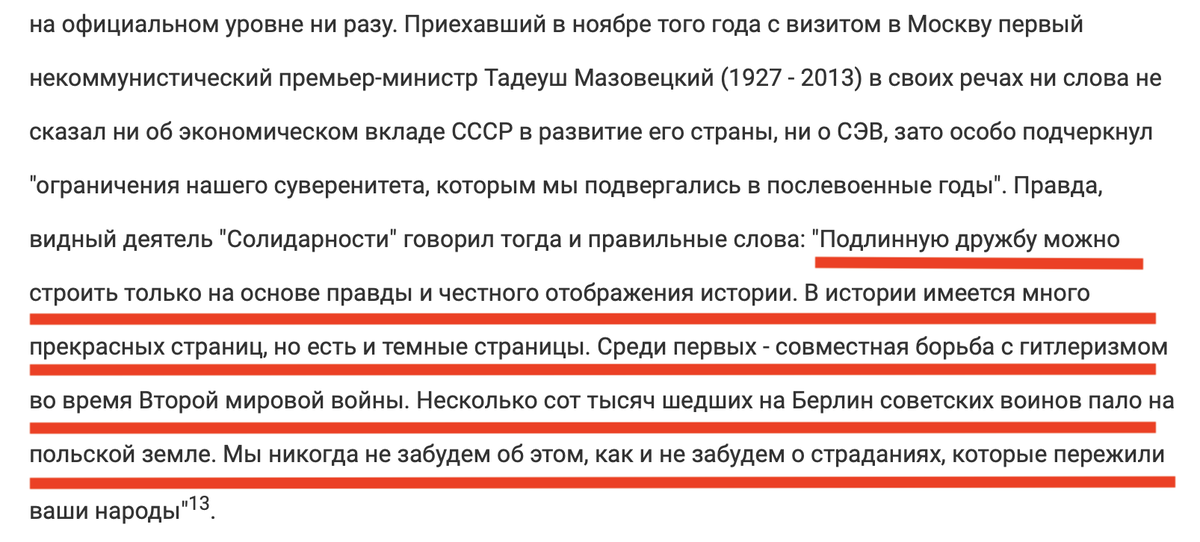This quote perfectly encapsulates Putin's arguments for war on Ukraine. Show it to any Russia sympathizer, in academia or beyond, and they will say it's a great explanation of why Russia is right – or not entirely wrong – invading Ukraine.
There's a small problem, however: 👇
There's a small problem, however: 👇

The quote is from Hitler's famous Wilhelmshaven speech, where he reassured that Germany "does not dream of attacking other nations," but will never "tolerate intimidation, or even a policy of encirclement."
Germany, he said, "desires to live in peace and friendship with every other state. It will, however, never again permit itself to be forced to its knees by any other state."
The problem was that Western Europe exploited Germany' weakness in the roaring 1920s: "When the allies at one time changed the map of Europe with no consideration for expediency, justice, tradition or even common sense, we did not have the power to prevent them from doing so."
Indeed: "When I came into power, Germany was torn and impotent at home, and abroad a toy of foreign will. Today we have order at home and our economy is flourishing. Abroad we are perhaps not popular, but we are respected. That is the decisive factor."
"Germans have been the victims of the greatest breach of promise of all time. Let us see to it that our people at home may never again become easy to break up, then no one will ever be able to threaten us. Then peace will be maintained or, if necessary, it will be enforced."
It all sounds familiar, and it's all being reproduced almost verbatim. Source: avalon.law.yale.edu/wwii/blbk20.asp
• • •
Missing some Tweet in this thread? You can try to
force a refresh

